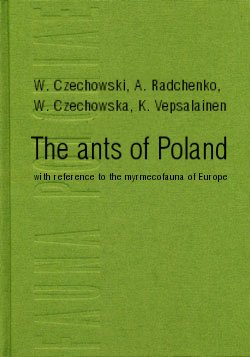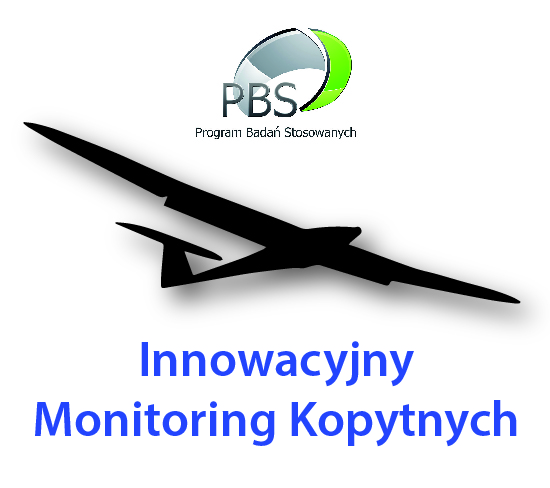 |
Wojciech Czechowski, Alexander Radchenko, Wiesława Czechowska, Kari Vepsäläinen The ants of Poland with reference to the myrmecofauna of Europe
Museum and Institute of Zoology of the Polish Academy of Sciences Warszawa 2012 173 x 243 mm, hardcover, 496 pages, 201 maps, 55 plates with several hundred SEM photographs of morphological details, 33 figures with drawings, 13 tables. ISBN 978-83-930773-4-2 |
Price: 95 € + 5% VAT + postage
Special Offer (save up to 70%)
Orders:
Please contact our orders department Ten adres pocztowy jest chroniony przed spamowaniem. Aby go zobaczyć, konieczne jest włączenie w przeglądarce obsługi JavaScript., or use online form (secure HTTPS connection)
This book on ants (Hymenoptera: Formicidae) is an updated, corrected and expanded version of the previous monograph of the Polish myrmecofauna (Czechowski et al. 2002). It contains 103 ant species of 25 genera reported in Poland until 2010, the occurrence of which in the country are unquestionable or at least considered by the authors probable. The book consists of four main chapters: (1) a systematic checklist of the ant taxa (subfamilies, genera, species) of Europe, (2) a faunistic catalogue of the ants of Poland, (3) characteristics of the myrmecofauna of Poland, and (4) keys for identification. The checklist is the newest updated list of the European ants, and it displays recent alterations in the ant taxonomy. It contains nine subfamilies, 57 genera and 613 valid species; the list is complemented by 10 recognised but not yet formally described species. The faunistic catalogue provides a taxonomic survey of the Polish ant species together with information about their general distribution in the Palaearctic and the distribution in Poland, with notes on the biology of each species. For some taxa (species, genera), notes on their taxonomic history are provided. The chapter compiles all faunistic data published until the end of the year 2010; published reports are supplemented by confirmed unpublished data available to the authors. For every species maps of their ranges in the Palaearctic and distributions in the geographical regions in Poland are enclosed. The catalogue is closed by a list of the species ever reported in Poland and later owing to a specified reason excluded from the Polish fauna. The next chapter includes zoogeographical and ecological characteristics of the Polish myrmecofauna, with reference to the European myrmecofauna as a whole. The last chapter includes keys for identification of the ant taxa (subfamilies, genera and species), individually for workers, queens and males (when distinguishable). The keys for subfamilies and genera involve all European taxa of these ranks. The keys for species include all ant species known in Poland, and those not reported from Poland but present in adjacent regions of Central Europe, and recognised as possible to be found in the country. The keys are illustrated with SEM photographs. The main chapters are preceded by the foreword presenting general trends in myrmecological research in the world throughout history, and the introduction, in which the past and the present of Polish myrmecology is outlined.
Key words: Ants, biology, checklist, ecology, Europe, faunistics, key, morphology, Poland, systematics, taxonomy, zoogeography.









